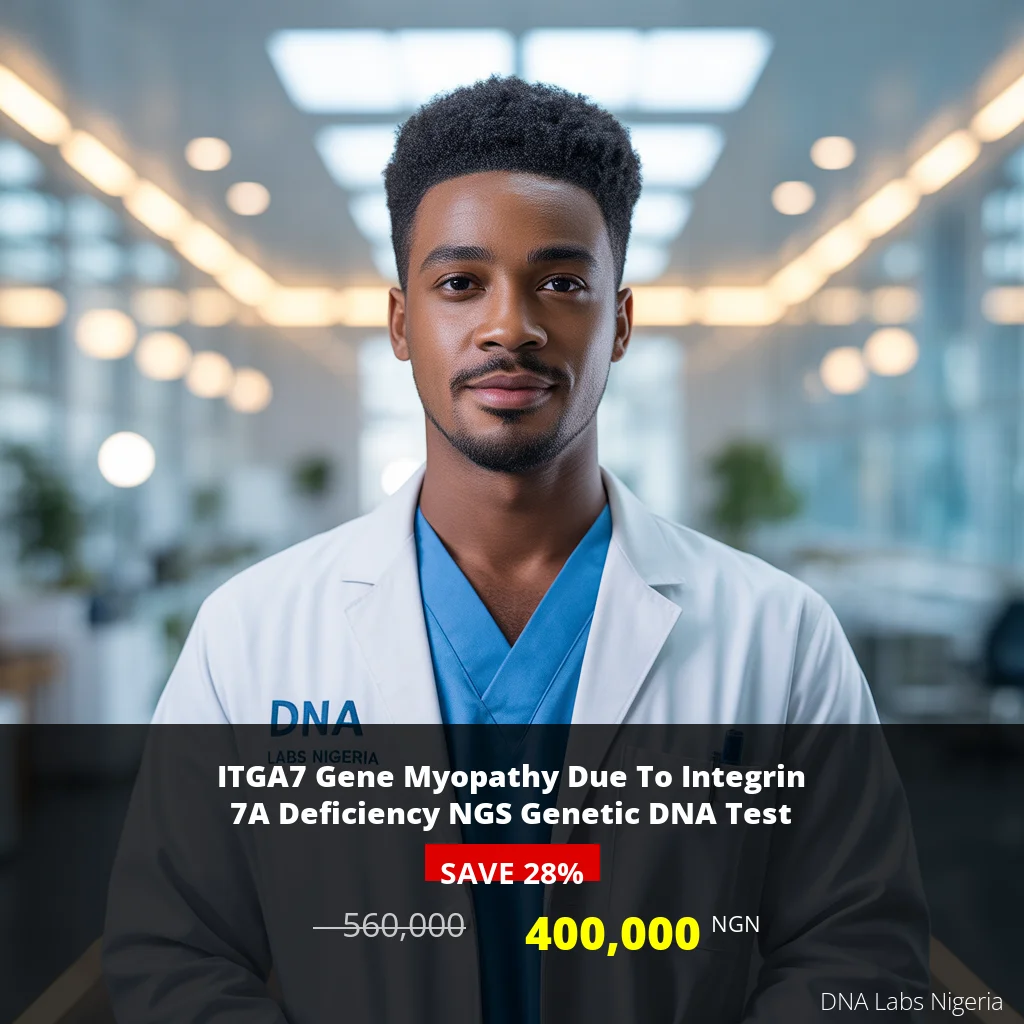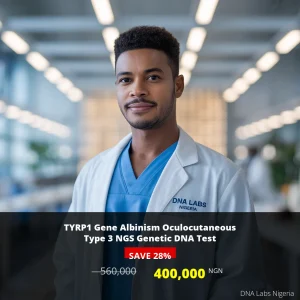ITGA7 Gene Myopathy Due To Integrin 7A Deficiency NGS Genetic DNA Test
Introduction
The ITGA7 Gene Myopathy due to Integrin 7A deficiency NGS Genetic DNA Test is a cutting-edge diagnostic tool that plays a pivotal role in identifying genetic mutations related to neurological disorders. This test utilizes Next-Generation Sequencing (NGS) technology to provide precise and reliable results, which are essential for accurate diagnosis and effective treatment planning.
What the Test Measures
This test specifically detects mutations in the ITGA7 gene that are responsible for Integrin 7A deficiency. By analyzing the genetic material, healthcare providers can determine the presence of these mutations, which can lead to various neurological conditions.
Who Should Consider This Test
Consider this test if you or a family member exhibits symptoms such as:
- Muscle weakness
- Difficulty in mobility
- Neurological symptoms without a clear diagnosis
Risk factors include a family history of neurological disorders or previous diagnoses of conditions that may be linked to ITGA7 gene mutations.
Benefits of Taking the Test
- Accurate identification of genetic mutations
- Informed decisions regarding treatment options
- Enhanced understanding of the condition and its implications
- Guidance for family planning and genetic counseling
Understanding Your Results
Results from the ITGA7 Gene Myopathy test will be provided in a detailed report. It is essential to discuss these results with a qualified healthcare provider, who can help interpret the findings and outline the next steps in terms of management and treatment.
Pricing Information
| Test Name | Discount Price (NGN) | Regular Price (NGN) |
|---|---|---|
| ITGA7 Gene Myopathy due to Integrin 7A deficiency NGS Genetic DNA Test | 400,000 | 560,000 |
Book Your Test
To book the ITGA7 Gene Myopathy due to Integrin 7A deficiency NGS Genetic DNA Test, please contact us at +2348110567037. Our team is here to assist you with any questions and guide you through the booking process.
Additional Information
**Turnaround Time:** 3 to 4 Weeks
**Sample Type:** Blood or Extracted DNA or One drop Blood on FTA Card
**Pre-test Instructions:** A genetic counseling session is recommended to draw a pedigree chart of family members affected with ITGA7 Gene Myopathy due to Integrin 7A deficiency.
For comprehensive care, consult with a neurologist or a genetics specialist to explore further treatment options based on your test results.







